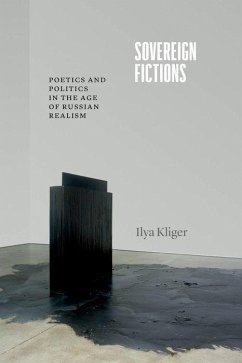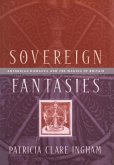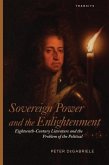"The nineteenth-century novel is generally assumed to be concerned with private lives and social relations. But Russian fiction, obsessively focused on scenarios of state power, was an exception to the rule. In Sovereign Fictions, Ilya Kliger shows that this encounter between realist fiction and political authority gave Russian novels a form unlike their counterparts in the west. Kliger explores Russian realism's distinctive construals of sociality through a broad range of texts from the 1830s to the 1870s, including works by Dostoevsky, Gogol, and Pushkin, and several lesser-known but influential books of the period, including Mikhail Lermontov's A Hero of Our Time (1840), Ivan Goncharov's The Same Old Story (1847), Ivan Turgenev's Rudin (1856), Aleksei Pisemsky's One Thousand Souls (1858), and Vasily Sleptsov's Hard Times (1865). Kliger's book offers an important intervention in socially inflected theories of the novel and in current thinking on representations of power and historical poetics"--








